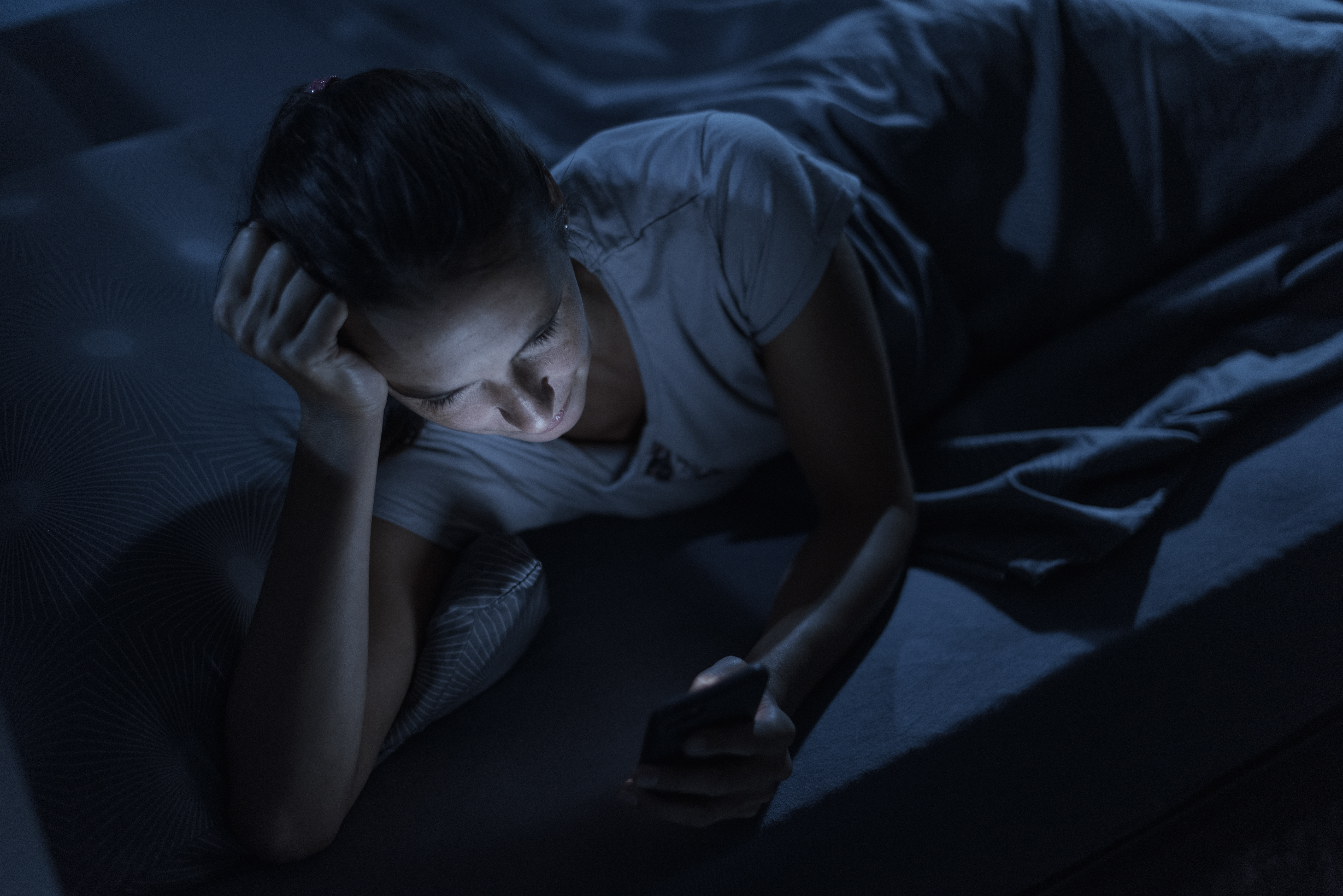Sleep Sabotage: Unmasking Micro-Awakenings Stealing Your Rest
Sleep is often seen as a sanctuary of peace and rejuvenation, but beneath the surface lies a delicate balance easily disrupted by unseen forces. These subtle sleep disruptors, often overlooked, can lead to micro-awakenings—brief interruptions in your sleep cycle that may not fully wake you but can significantly affect sleep quality. As we delve deeper into the nuances of these hidden disruptors, we aim to unravel the mystery behind restless nights and offer insights into achieving more restorative sleep. This exploration will guide you through the intricate web of environmental, physiological, and psychological factors that subtly yet profoundly influence your slumber.
1. The Role of Ambient Noise

Ambient noise, such as distant traffic or a humming refrigerator, can quietly intrude on your sleep without your conscious awareness. These sounds can trigger micro-awakenings, subtly pulling you from deep sleep stages into lighter ones. Research indicates that even sounds as low as 40 decibels can impact sleep quality, affecting the restorative processes that occur during deeper sleep stages. Understanding the role of ambient noise is crucial, as it underscores the importance of creating a tranquil sleep environment. Soundproofing your bedroom or using white noise machines can help mask disruptive sounds, promoting uninterrupted rest.
2. The Impact of Artificial Light

Artificial light, especially blue light emitted from screens, is a notorious sleep disruptor. It interferes with the production of melatonin, the hormone responsible for regulating sleep-wake cycles. Exposure to light at night can lead to micro-awakenings by confusing your body's internal clock, making it harder to maintain deep sleep. Studies have shown that reducing screen time before bed or using blue light filters can significantly improve sleep quality. This emphasizes the importance of creating a dark, serene environment that signals to your body it's time to rest, minimizing interruptions and enhancing overall sleep health.
